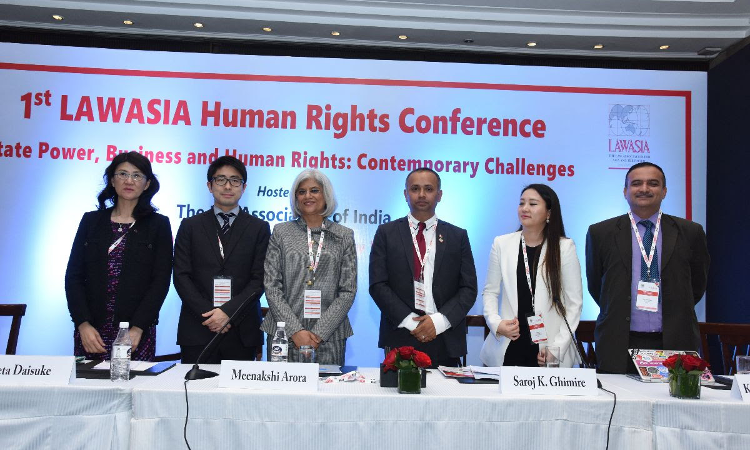Lawyers From Asian Countries Discuss Need For Stronger Privacy Laws
LIVELAW NEWS NETWORK
10 Feb 2019 3:02 PM IST

Next Story
10 Feb 2019 3:02 PM IST
Lawyers and policy makers from several Asian countries discussed the nature of protection granted to privacy rights by laws in their respective jurisdictions in the second session of the LAWASIA Human Rights Conference held at New Delhi yesterday.The session chaired by Meenakshi Arora, Senior Advocate, explored the foreseeable impacts of technology on human rights, especially privacy rights,...
